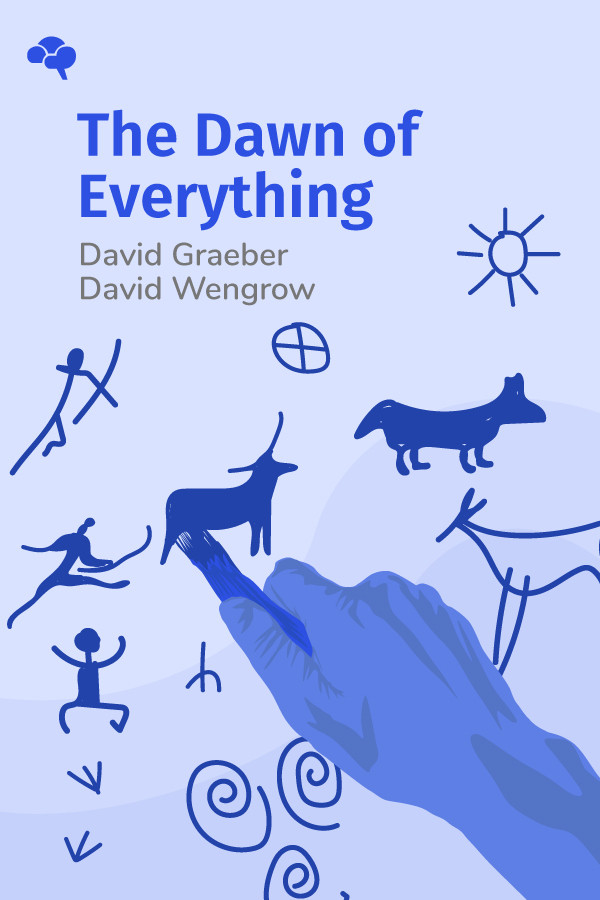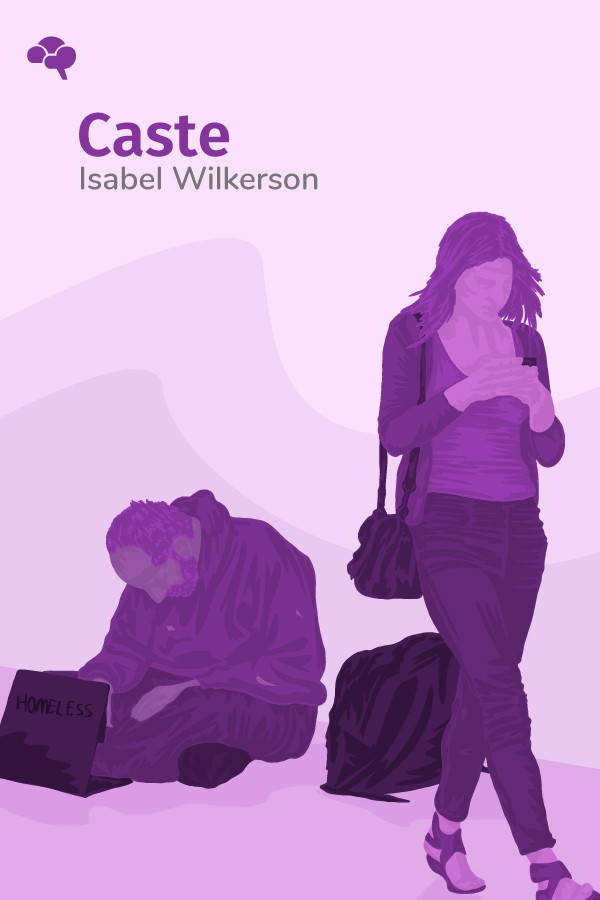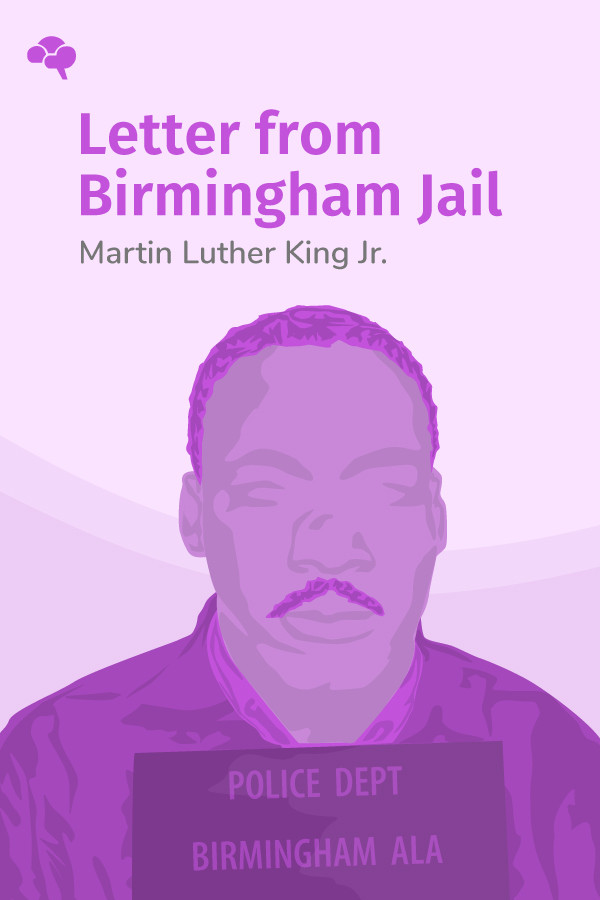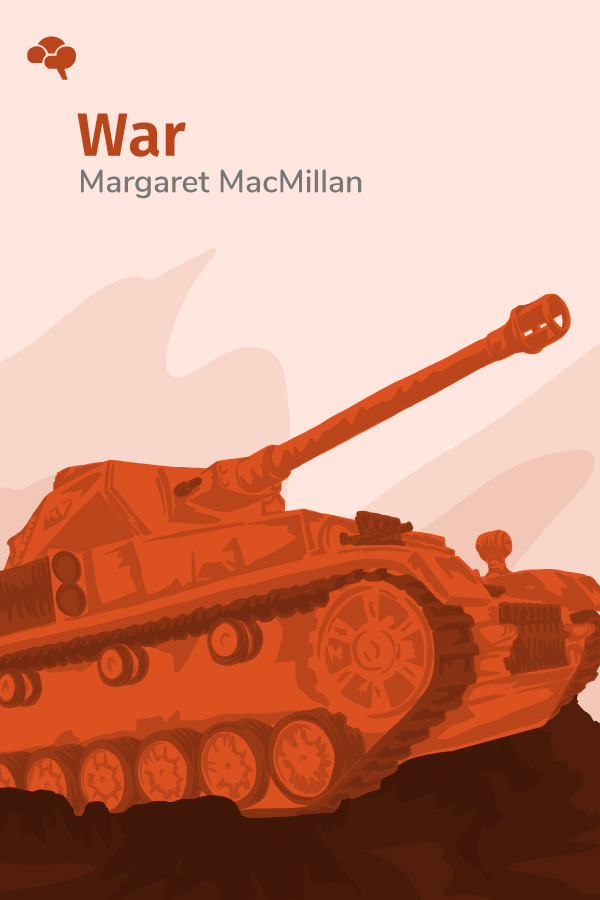
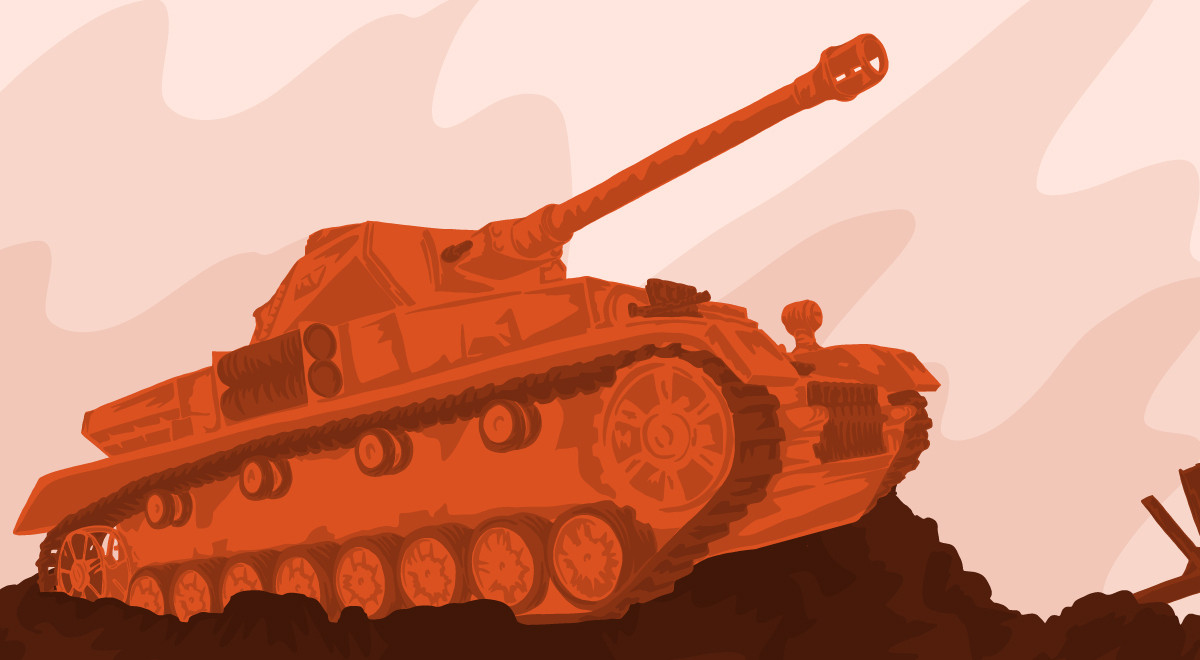
What You'll Learn:
Canadian professor of history Margaret MacMillan is not a warmonger, but she does consider understanding war, its nature, its causes, and its effects to be a matter of great importance if we truly wish for peace.
Key Insights:
- Violence is a necessary, but not sufficient condition, for war.
- Society and war-making capacities have grown up side by side and reinforced one another.
- Primates and philosophers offer us clues about humanity’s violent streak, but nothing conclusive.
- The uncomfortable truth is that war holds the power to create as well as destroy.
- Civil wars are especially traumatic for those involved, and the aftershock reverberates for generations.
- Wars often begin with a spark, but the tinder is usually set well before the inflammatory incident.

